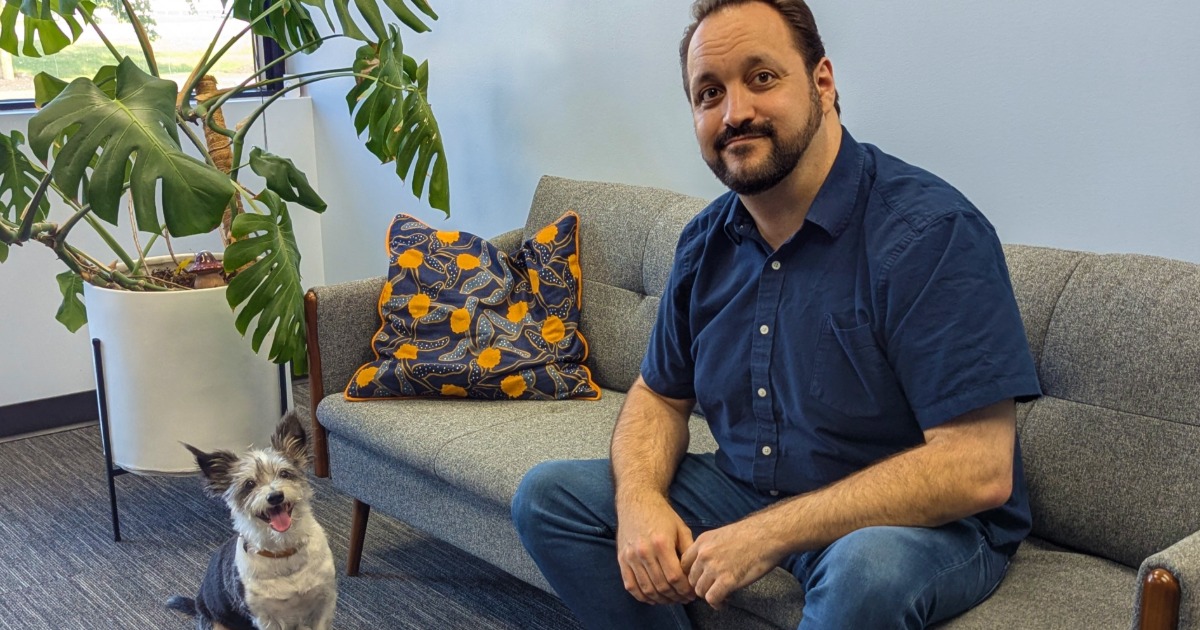LAS VEGAS - Healthcare is changing at an ever-increasing rate and technology is following suit. But for innovation to take hold in the healthcare industry, there needs to be a culture change, according to Chad Eckes, executive vice president, chief financial officer at Wake Forest Baptist Medical.
"We have these new technologies, which can help the patients and improve care, but we need to get everyone on board to make it possible," Eckes said. "We have to get the rest of the industry up to speed with our innovators."
[Also: Walter Reid doctor: Military healthcare looks to data for innovation]
Innovation was front and center at the kick-off panel for the HX360 Innovation Leaders Program: Building and Sustaining Innovation Capacity to Address Contemporary Provider Challenges, where executives from some of the largest health systems in the industry expressed some of their experiences with implementing successful innovations within their institutions.
Stanford Healthcare Chief Information Officer Pravene Nath, MD stressed the importance not only of culture, but in how we cultivate the "joy of practice." Without that, providers will struggle with change.
“It’s popular to discuss all of the new technologies,” Nath said. But it's about building platforms "to enable change to make these innovations into reality."
At Cedars-Sinai, innovation isn't seen as something brand new, Darren Dworkin, managing director, senior vice president, CIO at Cedars-Sinai Health System, said. Instead, leaders are looking for ways to improve upon discovery.
"If we rewind the clock and look at our history, we probably wouldn't have used the word innovation, but discovery or invention," Dworkin said. "We've been trying to build on this history and take internal ideas and grow them externally to make sure it’s safe before they're brought into the system.”
Organizations must have three tools in place for innovations to actually take hold in the industry: time, money and foundational IT Tools, Eckes said. We all need to be incentivizing, ensuring the applicable people are rewarded for their hard work. But also be willing to take the risks and toss out the failures.
The hope of HX360 is to start the conversation to bring these ideas to the light, Steve Lieber, president, CEO HIMSS said at the start of the panel.
"Let's be honest, healthcare deserves our collaboration and resources," Lieber said. "Leading at a time of change is incredibly difficult, but the goal of HX360 is to start an informative dialogue for these challenges. Innovation is just the first step, but taking this step is one of the biggest challenges in healthcare today.
"Innovation is the only way to sustain the gains made in healthcare and the best hope for going beyond where we are today.”
Twitter: @JessiefDavis
This story is part of our ongoing coverage of the HIMSS16 conference. Follow our live blog for real-time updates, and visit Destination HIMSS16 for a full rundown of our reporting from the show. For a selection of some of the best social media posts of the show, visit our Trending at #HIMSS16 hub.


